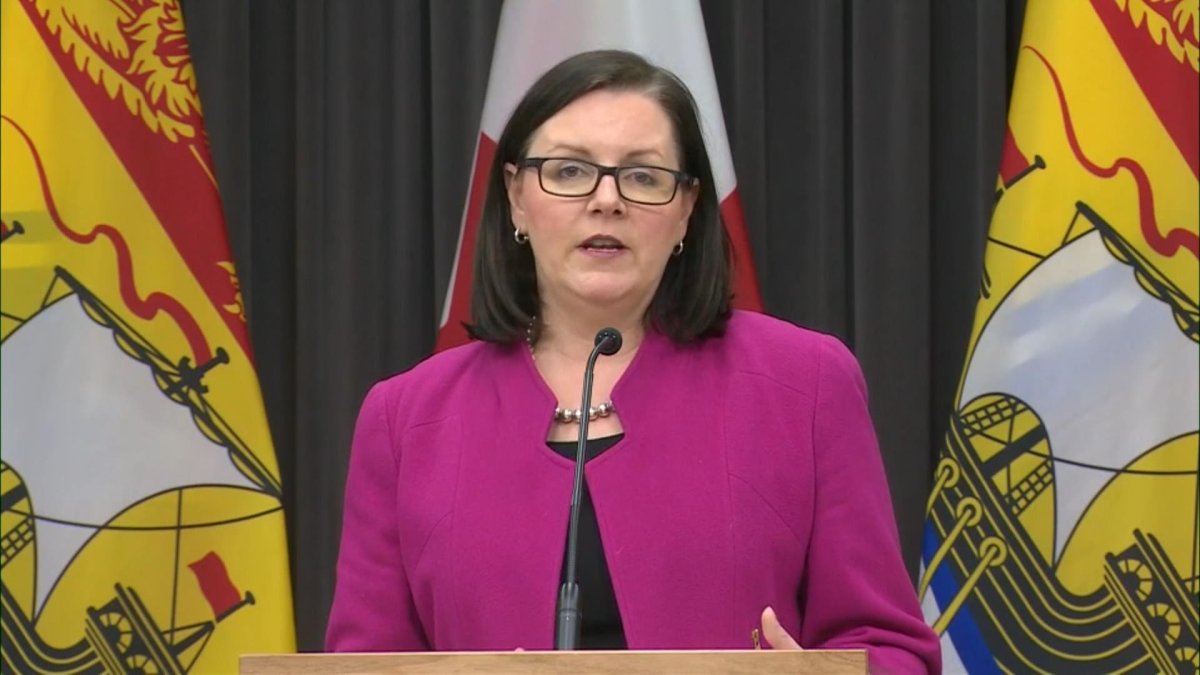New Brunswick once again found no new cases of the coronavirus on Thursday — marking the eighth straight day they’ve reported the result.

As a result, the province’s number of confirmed cases remains at 120.
Health officials say 118 people have recovered and two people remain sick, neither of whom is in the hospital.
Dr. Jennifer Russell, New Brunswick’s chief medical officer of health, said on Wednesday that despite the good news, it’s important to remain vigilant.
“With the long weekend coming up it’s important that everyone follows public health directions,” she said during the province’s coronavirus update on Wednesday.
She said it was important for people to treat their mental health and to go outside this May long weekend — but only if they are not feeling sick.

On Thursday, New Brunswick also extended its state of emergency for another 14 days.

Get weekly health news
The order was approved by cabinet and New Brunswick’s all-party cabinet committee.
The province has been under a state of emergency since March 19.
READ MORE: Shoppers pleased New Brunswick malls reopening, but disappointed several stores still closed
Officials say 68 of New Brunswick’s cases are travel-related, 42 are close contacts of confirmed cases and 10 are the result of community transmission.
Russell and Premier Blaine Higgs did not provide a provincial update on Thursday but are expected to address the public on Friday.
Questions about COVID-19? Here are some things you need to know:
Symptoms can include fever, cough and difficulty breathing — very similar to a cold or flu. Some people can develop a more severe illness. People most at risk of this include older adults and people with severe chronic medical conditions like heart, lung or kidney disease. If you develop symptoms, contact public health authorities.
To prevent the virus from spreading, experts recommend frequent handwashing and coughing into your sleeve. They also recommend minimizing contact with others, staying home as much as possible and maintaining a distance of two metres from other people if you go out.
For full COVID-19 coverage from Global News, click here.
- After controversial directive, Quebec now says anglophones have right to English health services
- Something’s fishy: 1 in 5 seafood products are mislabelled, study finds
- Why non-alcoholic beer is gaining steam at Oktoberfest: ‘Nobody will judge you’
- Recall expands for Nutrabolics vegan bars over undeclared milk









Comments